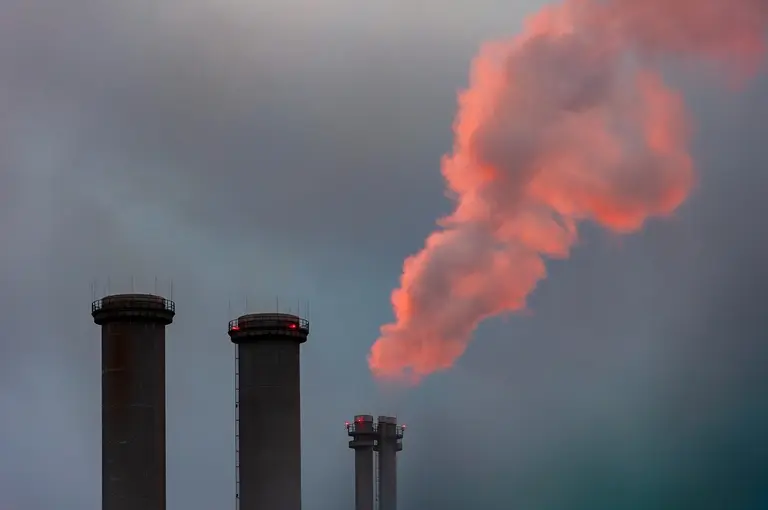
The forefront of energy transition is the area densely populated with coal power plants. Chungcheongnam-do, where 29 out of 59 coal power plants in the country are located, is representative. This December, the closure of the Taean Unit 1 is imminent. If all 14 power plants in Chungnam close, it is estimated that there could be an economic loss of about 28 trillion won and a reduction of over 8,000 jobs. Since power plants were the backbone of the local economy, their closure directly leads to job insecurity for workers and a crisis of regional extinction.
The government and local governments have also begun to prepare alternatives. Chungnam is conducting retraining for 3,000 related personnel in the fields of renewable energy and green hydrogen. Minister of Climate Kim Dong-yeon also visited the Taean site on the 10th and promised "an energy transition without job losses."
However, the anxiety on the ground remains. On the same day, at a National Assembly meeting, workers in the employment insurance blind spot, such as the dockworkers' union, appealed that "true carbon neutrality is achieved when jobs and livelihoods are protected." There are concerns about whether retraining will actually lead to reemployment, and the scale of support is also deemed insufficient. Experts emphasize that, like the EU or Japan, Korea urgently needs to establish a sufficient scale of 'Just Transition Fund'.
The core of a just transition is social dialogue and sufficient support. Germany formed a 'Coal Commission' in 2018, involving the government, businesses, labor unions, and environmental organizations. After eight months of discussions, they agreed to end coal power by 2038 and decided to invest about 6.5 trillion won (4.81 billion euros) solely for worker employment adjustment support. This process is cited as a model case that clarifies the direction of the transition and minimizes social conflict.
The sustainability we pursue must embrace both the environment and humanity. Carbon neutrality is a systemic issue, but ultimately, it is people who are affected. Under the principle of 'Leave No One Behind', when workers can start a dignified life again and communities find new vitality, only then can a just transition be realized.

![[Scenario] 2026 Global Wildfire Calendar: The Unending Cycle of Flames](https://cdn.breathjournal.com/w400/q80/article-images/2025-10-01/83cbd0d7-c7c9-4101-b4f6-e39cff028d87.png)

![[Focused Planning] 2026 Global Wildfire Calendar, Facing a Charred Future](https://cdn.breathjournal.com/w400/q80/article-images/2025-10-01/5be639f5-d684-4605-acb1-e0127c554e7c.png)

댓글 (0)
댓글 작성
댓글을 작성하려면 로그인이 필요합니다.
로그인하기